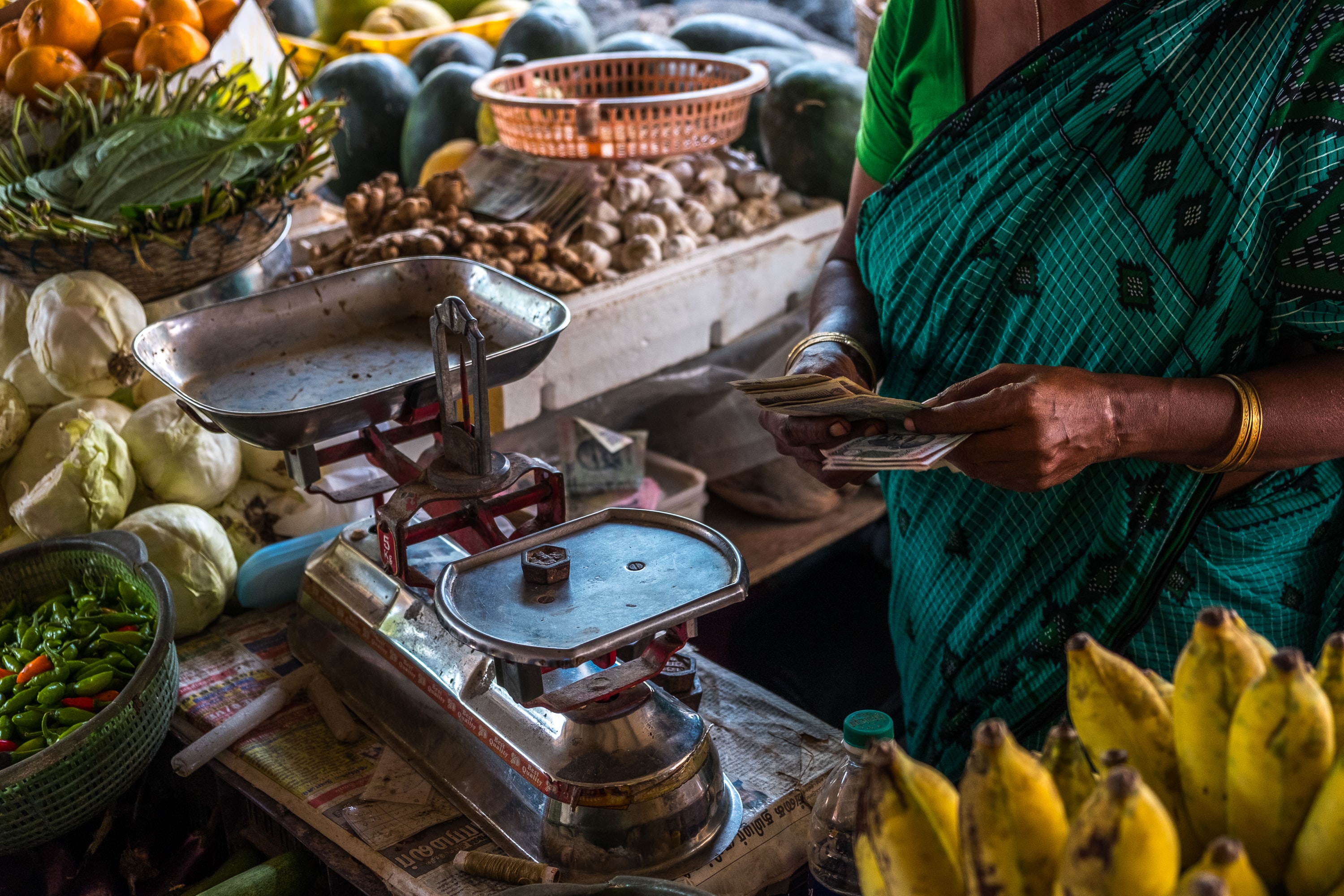Social Resilience
Supportive communities, strong livelihood options and confidence in the face of challenges are elements of social resilience that help people cope with shocks and stressors.
Community Ties
Social Capital Builds Community and Resilience
Social Resilience in Practice
Research on social resilience can be incorporated into work on the ground. Check out these event recordings to learn more.
Social Support in Crises
Human Capital Development for a Better Future
Human capital development means helping individuals achieve valuable skills and knowledge, which allow them to contribute to their communities, pursue lucrative work opportunities and ultimately lean on their abilities to weather stressful events.
Investment in this kind of human capital starts with public access to services that meet basic needs. Long-term resilience requires investments in nutrition, health and education to decrease the intergenerational transmission of poverty to future generations. Better outcomes establish assets for future generations to access a variety of livelihood strategies and increase economic growth.
Public services, such as sanitation, water and electricity, also contribute to a healthy life and productivity. When governments are unable or unwilling to provide these services, or when communities or populations are excluded from access, the result is often food insecurity and malnutrition, illness and limited livelihood options and social interactions.
These advantages result in better outcomes and establish assets for future generations to access a variety of livelihood strategies to increase economic growth.
Psychological Well-Being and Coping Strategies
Understanding the perceptions, subjective motivations and social and cognitive elements of individuals, households and communities is critical to understanding best approaches for resilience. Emerging research suggests that specific mindsets — self-efficacy, aspiration and confidence to adapt — are associated with better outcomes for people facing serious challenges.
Social resilience contributes to a sense of confidence in a future. People with a greater sense of control over their lives are less likely to engage in negative coping and life strategies — pulling children out of school, taking on debt or liquidating assets — that damage their ability to absorb and recover from shocks.
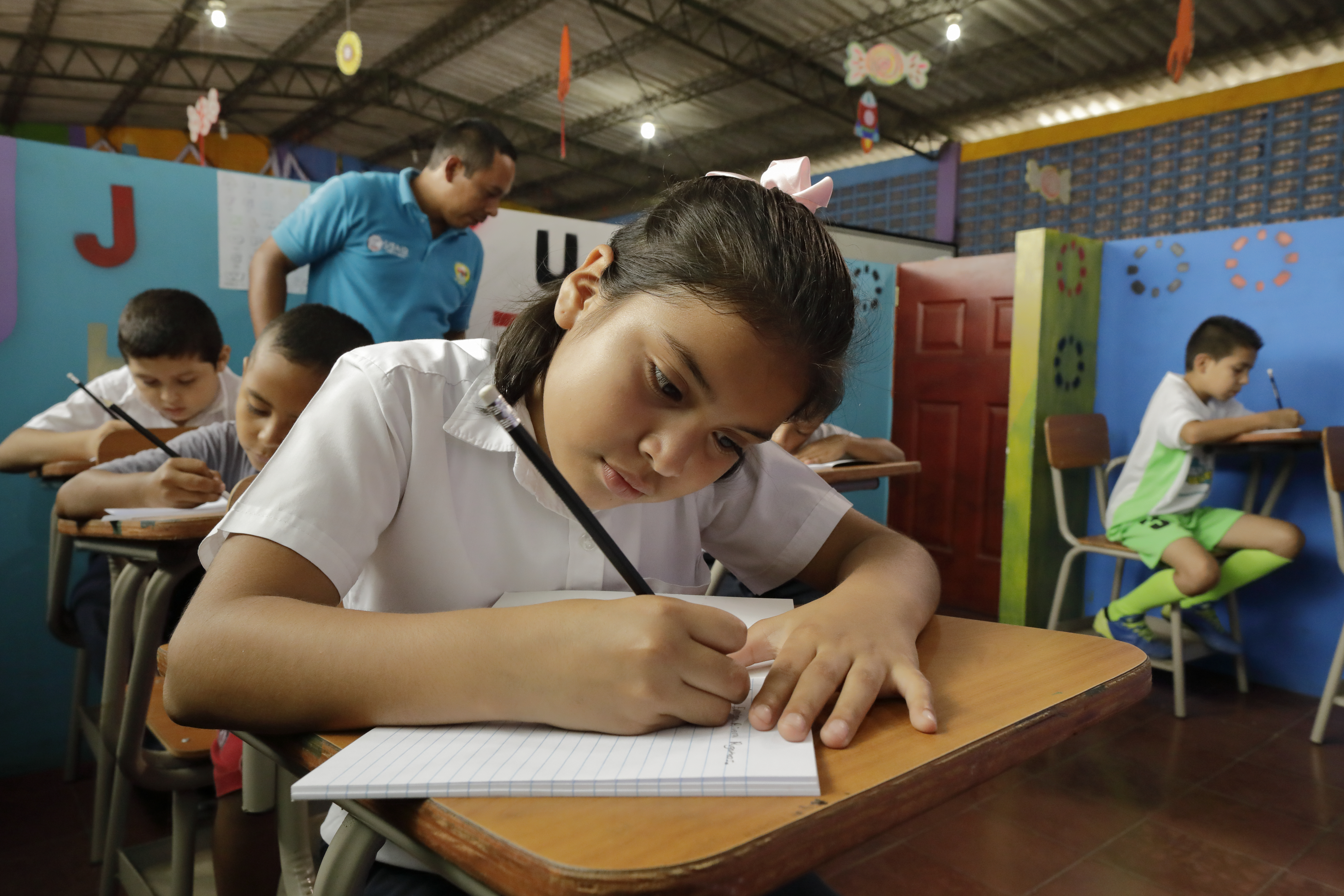
Human Capital
Investments in human capital can drive sustainable growth and poverty reduction, creating more resilient societies.
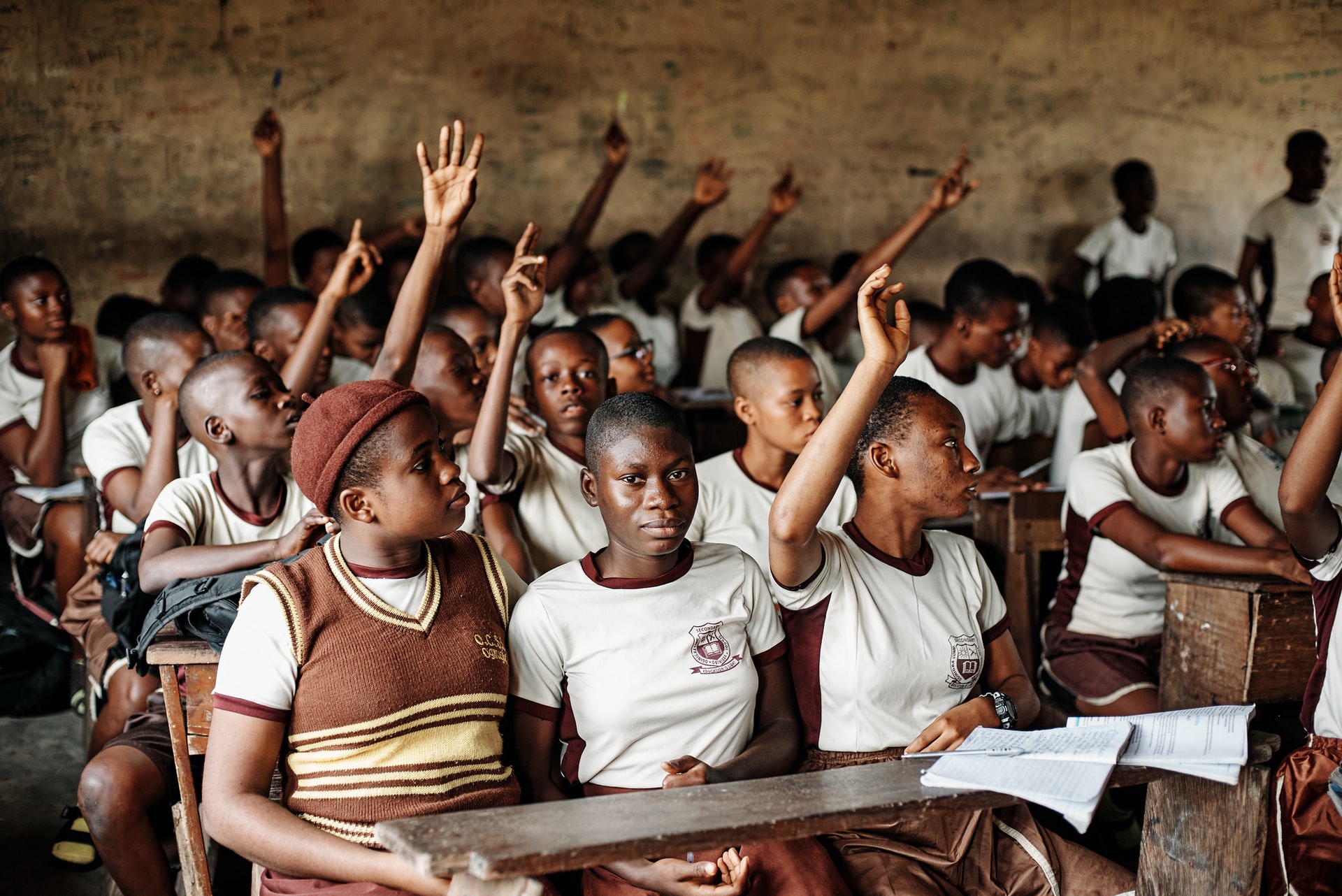
Social Capital
Social capital builds resilience by enabling individuals and communities to support each other in times of need.
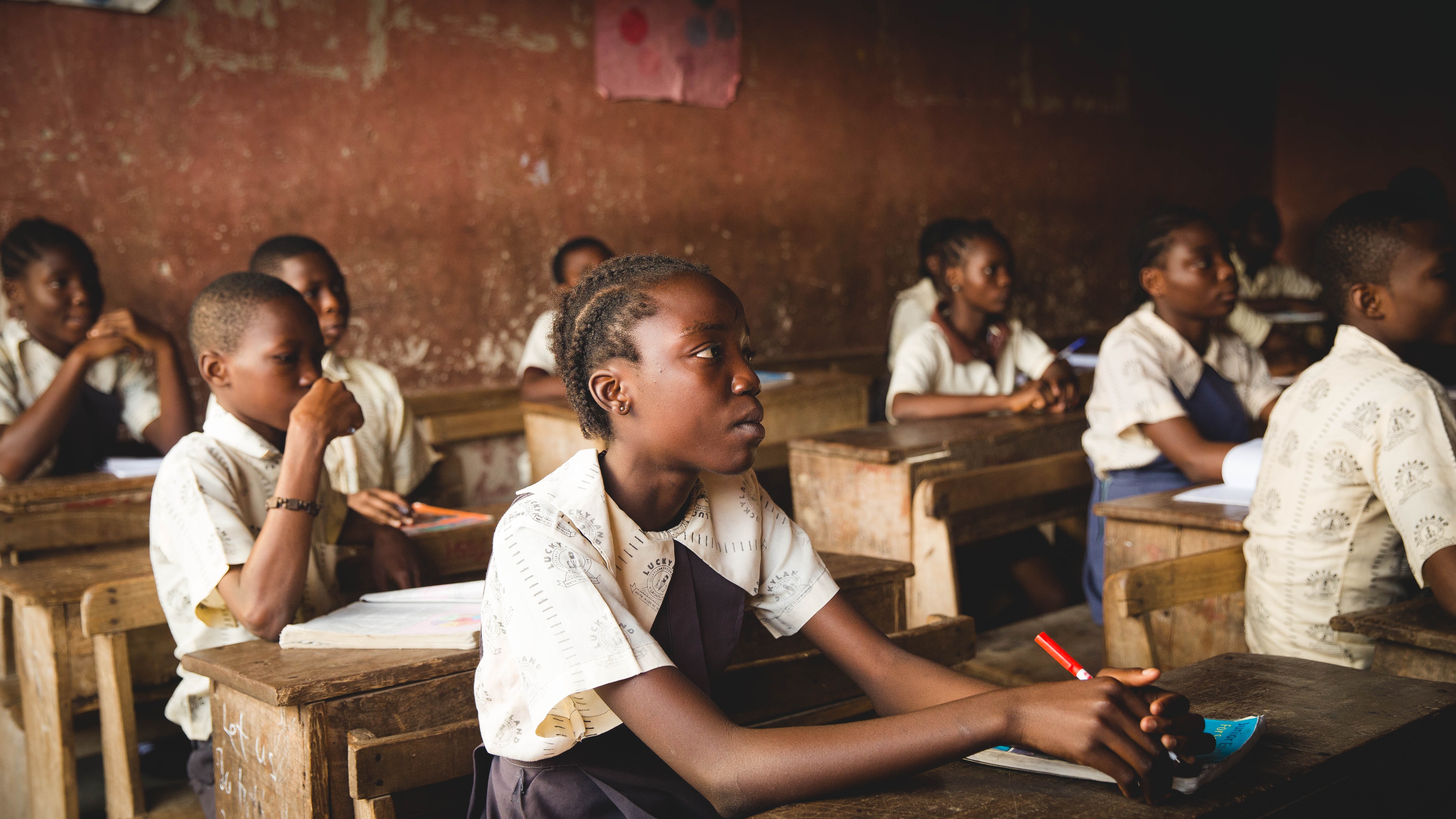
Psychosocial Dynamics
Self-efficacy, aspiration and the confidence to adapt can boost households’ resilience by reducing negative coping mechanisms and encouraging people in crisis to seek formal assistance.
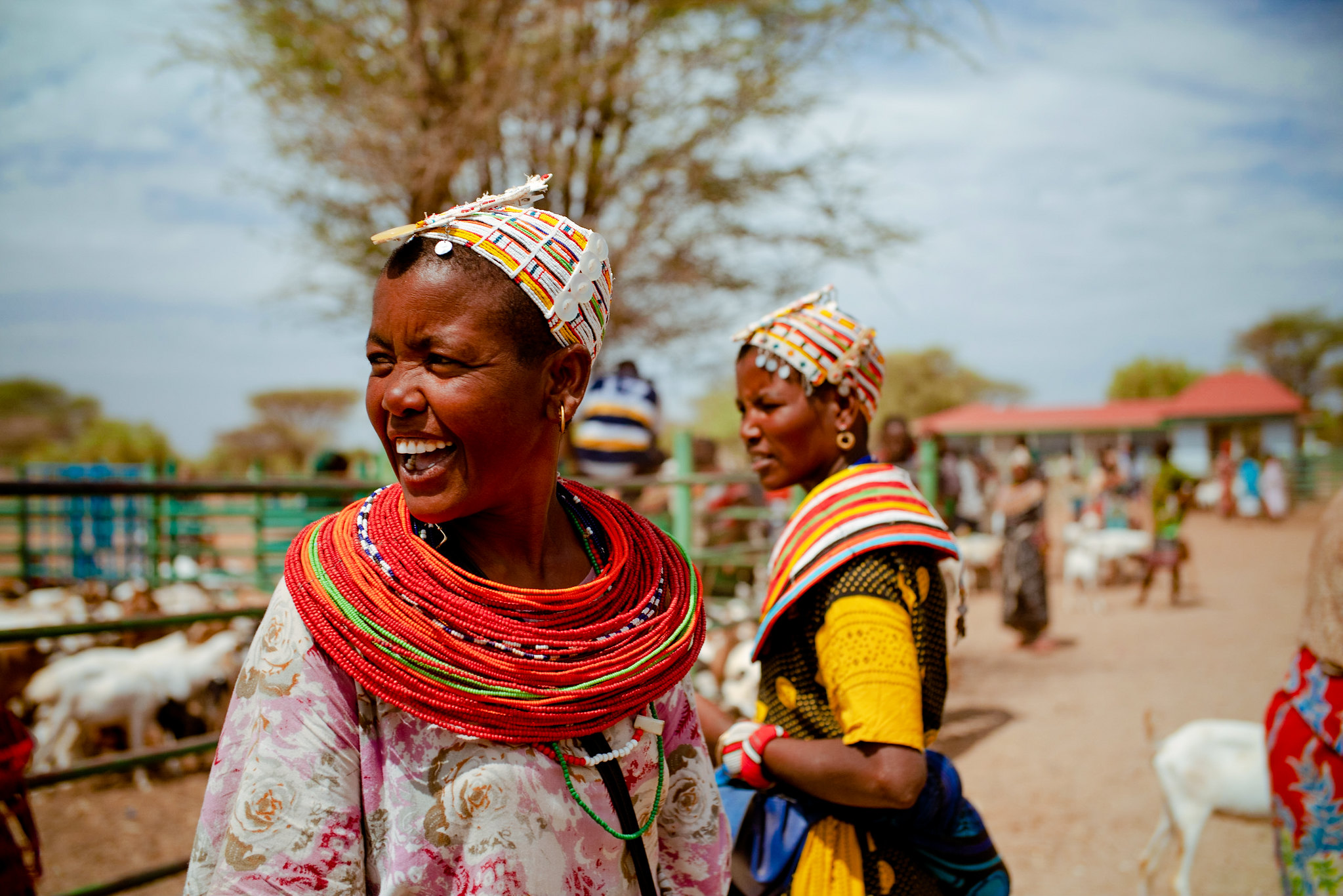
Gender Equity
Gender equity and inclusion influences resilience from the global level to the community and household level, increasing everyone’s ability to cope with shocks.
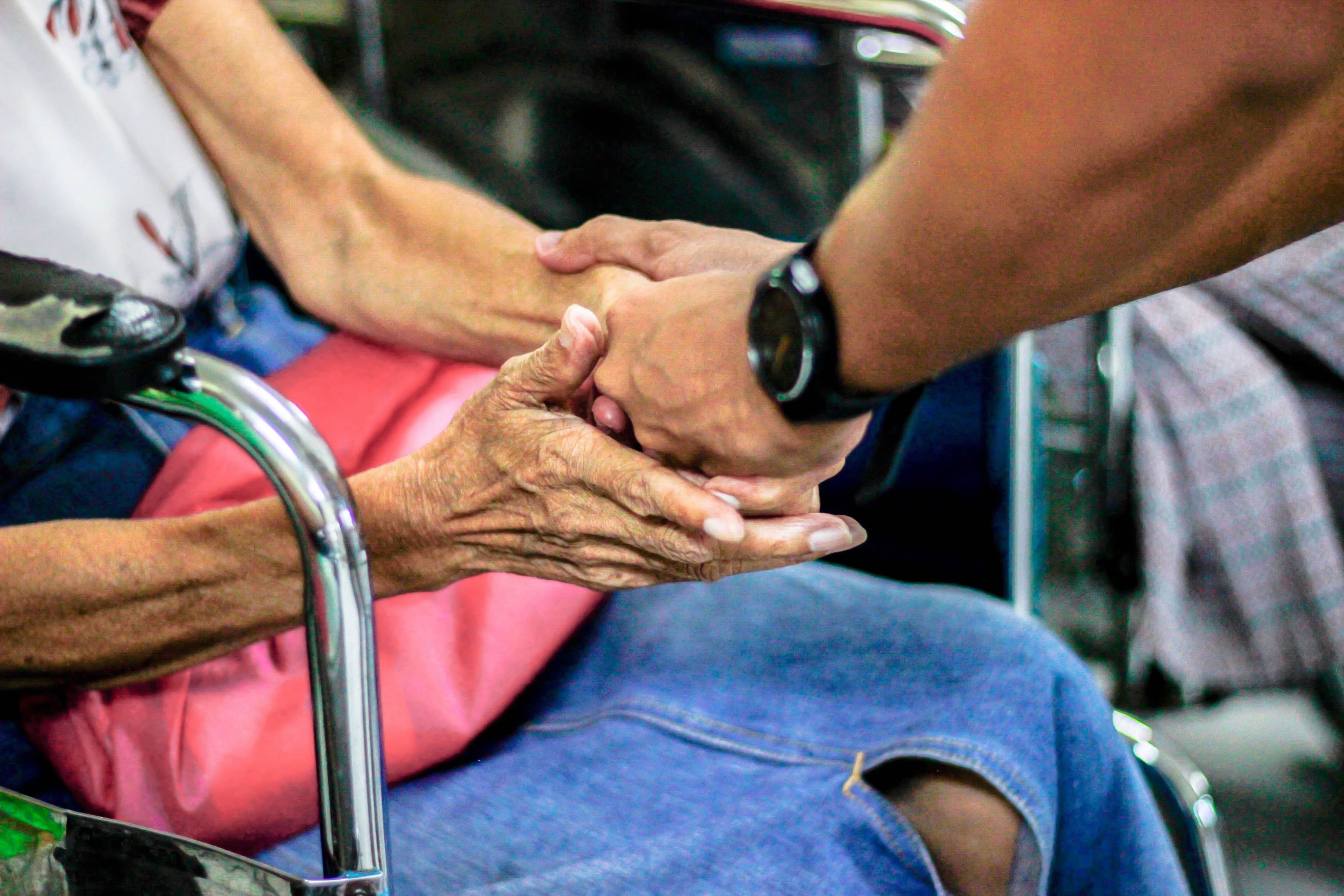
Social Protection
Confronting the greatest challenges of our time demands robust social protection systems. Social protection systems allow households to prepare for, cope with and adapt to overlapping crises.
Submit Social Resilience Resources
Have a resource you think will be valuable to the ResilienceLinks community? View our criteria and submit it here.


